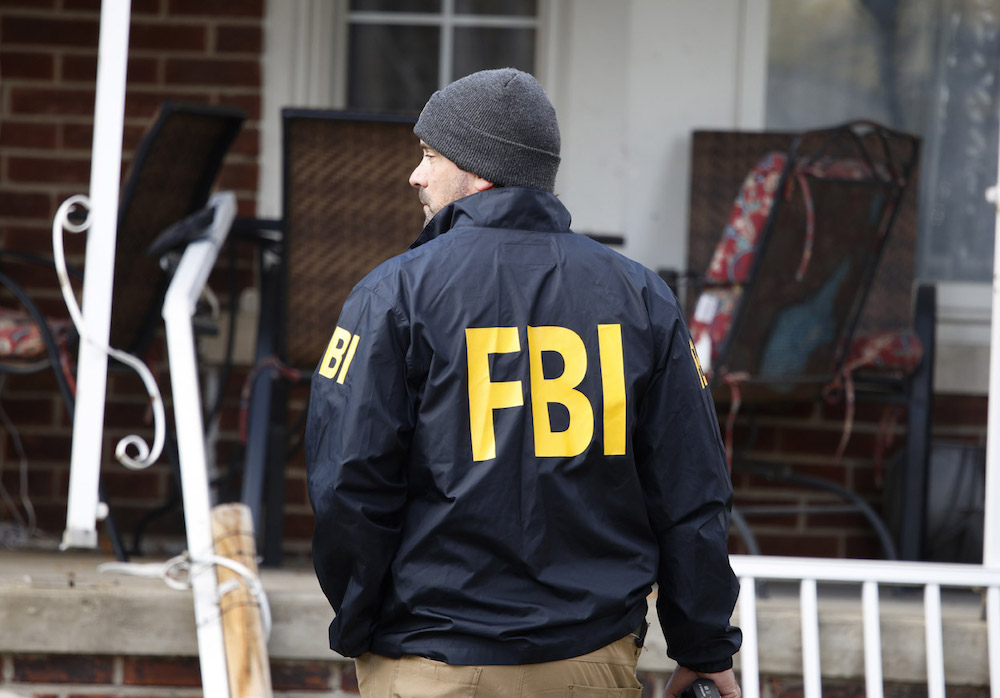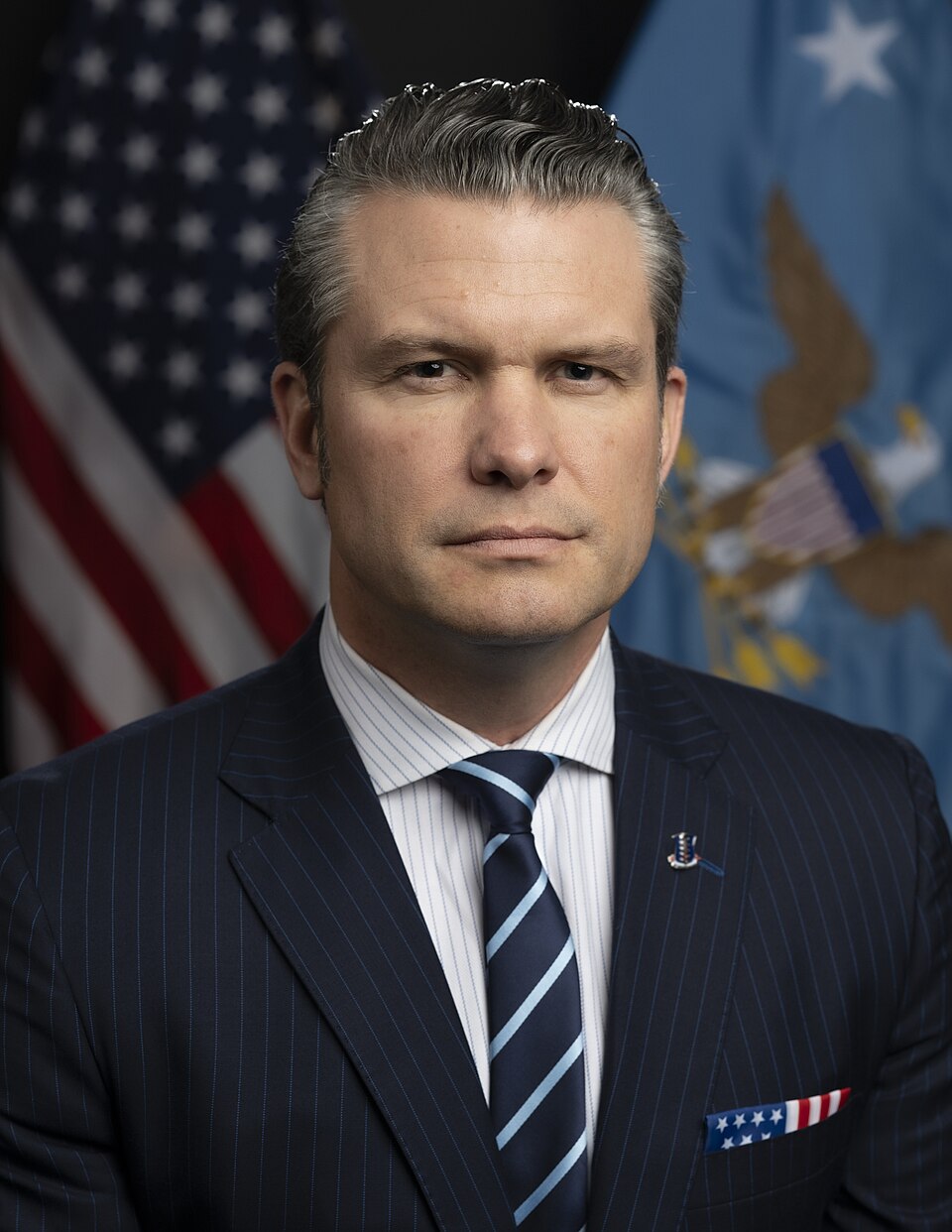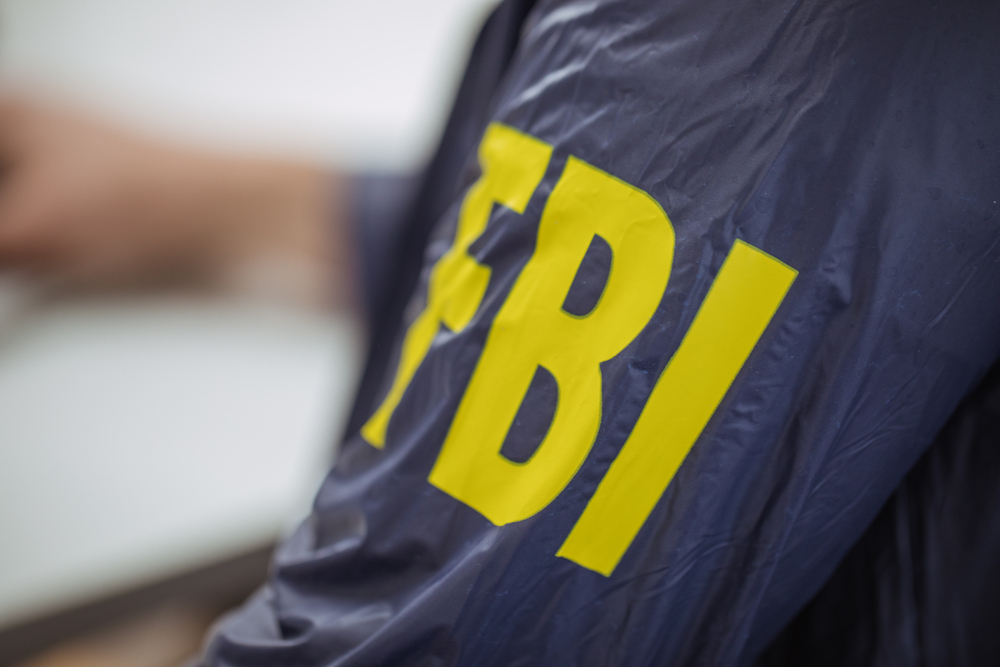 By Allan Lengel
ticklethewire.com
By Allan Lengel
ticklethewire.com
WASHINGTON –A USA Today investigation shows that federal prosecutorial misconduct has not only put innocent people in prison, but also set guilty people free, sometimes by shortening their sentences and allowing them to commit crimes again when they should have been behind bars.
The USA TODAY investigation found 201 cases since 1997 in which federal judges found that prosecutors violated laws or ethics rules.
“Each was so serious that judges overturned convictions, threw out charges or rebuked the prosecutors,” wrote USA Today reporters Brad Heath and Kevin McCoy. “And although the violations tainted no more than a small fraction of the tens of thousands of cases filed in federal courts each year, legal specialists who reviewed the newspaper’s work said misconduct is not always uncovered, so the true extent of the problem might never be known.”
To read full story click here.
Justice Department Response as printed in USA Today:
“Once again, USA TODAY misleads readers by providing a statistically inaccurate representation of the hard work done by federal prosecutors daily in courtrooms across the country by cherry-picking a handful of examples dating back to the 1990s and confusing cases where attorneys made mistakes with cases where actual prosecutorial misconduct was involved.
“An internal review conducted by the department last year found prosecutorial misconduct in a small fraction of the 90,000 cases brought annually. When mistakes occur, the department corrects them as quickly and transparently as possible.
“Attorney General (Eric) Holder has made a priority of preventing mistakes before they occur, instituting a comprehensive training curriculum for all federal prosecutors, and mandating annual discovery training. The Justice Department has taken unprecedented steps to ensure prosecutors, agents and paralegals have the necessary training and resources to properly fulfill their discovery and ethics obligations.”





Someone needs to ask Justice how many of the ASUAs who got CAUGHT doing these things were thrown out (only a ffraction of offensive behavior, just as no one gets caught at their first bank robbery), and how many were INDICTED as they should have been for obstruction or related charges. Answer: few, if any.
Example: In a case I tried in the Western District, the US Attorney ADMITTED to the Court that the trial AUSA and case agent had withheld “potentially exculpatory evidence.” The case was dismissed against that defendant as a result, but the AUSA is still prosecuting and the promised “internal investigation” has either done nothing at all (no public disclosure) or decided the AUSA could stay, continue to prosecute, and not get indicted.
What do you think would have happened to a defense attorney who acted that way? He/she would have lost their license, been prosecuted FOR SURE, and in prison.